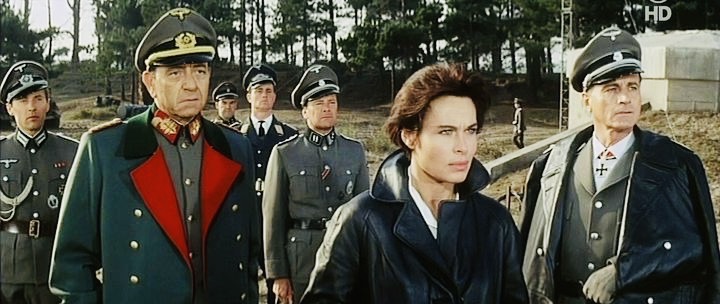A week after Allied armies invaded Nazi-occupied France in the D-Day Normandy landings, which changed the outcome of World War II, Germany launched the first of 10,000 V-1 and V-2 rockets aimed at cities in Britain. These indiscriminate attacks killed thousands of civilians.
In 1943, a year before the Nazi regime unleashed its reign of terror, the British government learned that Germany was developing long-range rockets. Concerned by the military implications of Germany’s arsenal of new super weapons, Prime Minister Winston Churchill asked for more information about it. In due course, British agents were dispatched to Germany with this goal in mind.
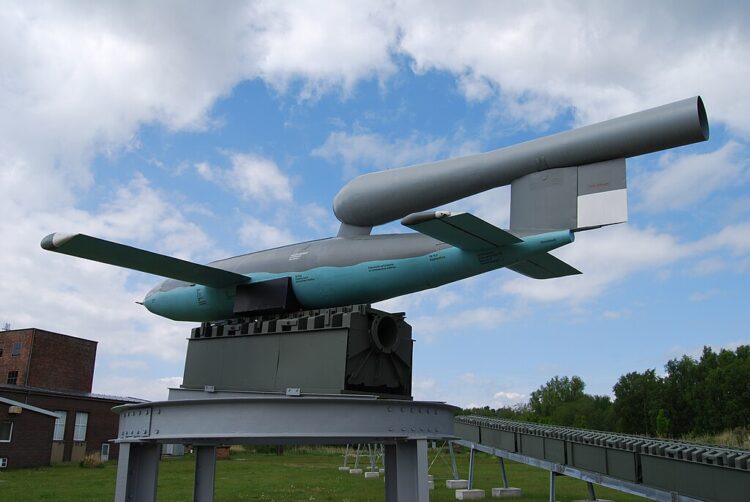
Operation Crossbow, a 1965 British film based on real events and directed by Michael Anderson, dramatizes this important but little-known footnote in the war. Recently screened on the Turner Classic Movies channel, it features an all-star cast starring George Peppard, Tom Courtenay and Anthony Quayle as British operatives and Trevor Howard and John Mills as British government officials.
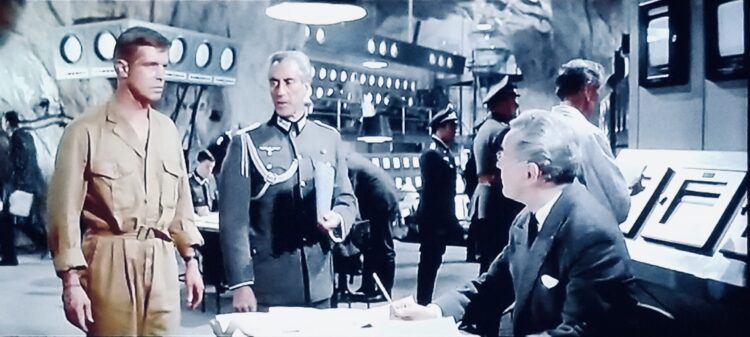
Germany developed these rockets, the first of their kind, in Peenemunde, a top-secret, secluded facility on the shore of the Baltic Sea. Germany’s finest scientists, including Werner von Braun, were attached to the program. Thousands of slave laborers, some of whom were Jewish, were commandeered to work there under inhumane conditions.
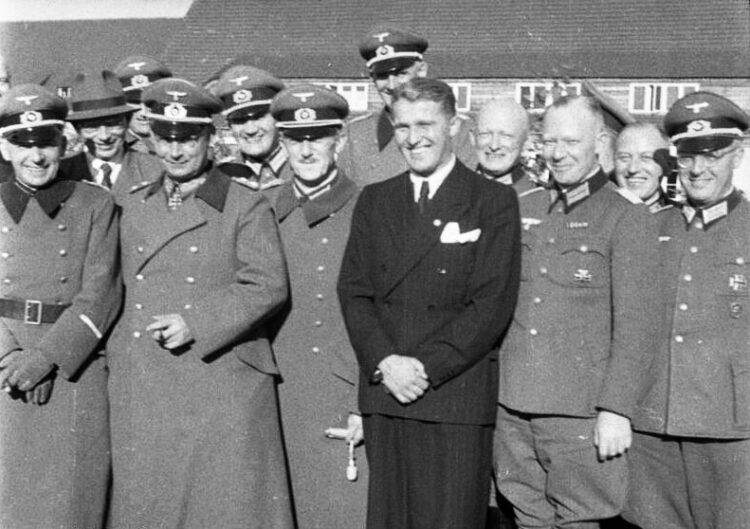
The film, a workmanlike production, oscillates between Germany’s effort to perfect the rockets and Britain’s espionage campaign to undermine it.
Adolf Hitler regarded the rocket as the “weapon of tomorrow.” Yet it could not be deployed unless technical problems, notably a tendency of the projectile to veer sharply to the right after launch, were resolved.
Four test pilots, ensconced in cockpits carved into the rockets, were killed in attempts to iron out the bug. Hanna Reitsch (Barbara Rutting), Germany’s first female test pilot, finally solved the problem after a scary flight that ended with a bumpy landing on a sandy beach.
The British, having discovered the site of the Peenemunde rocket factory, sent a reconnaissance aircraft to fly over it. Photographic evidence was needed to confirm that rockets were manufactured there.
In a massive bombing raid, the Royal Air Force succeeded in damaging Peenemunde. The film refers to this incident only in passing. As the British realized, what was required were boots on the ground. Several spies, having appropriated the identities of deceased Dutch engineers who had been employed there, were parachuted into Nazi occupied territory to infiltrate Peenemunde. Their mission was to find classified documents to shed light on the German rocket project.
The voluptuous Italian actress Sophia Loren, speaking in German and English, plays the wife of one of these late engineers.
Lilli Palmer, a German-Jewish actress, is given slightly wider latitude in portraying a German innkeeper secretly working for the Allied side.
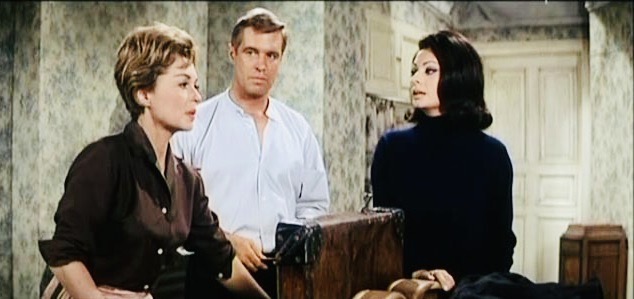
The film uses archival footage to illustrate British defence measures to fend off flights of German rockets. Scenes of rockets crashing into British streets and homes are staged.
As Operation Crossbow reaches its climax, Peppard, brandishing a purloined machine-gun, fights off a mob of furious Germans intent on killing him. As he courageously stands his ground, British planes drop bombs on Peenemunde.
All in all, this is a passable World War II film.
